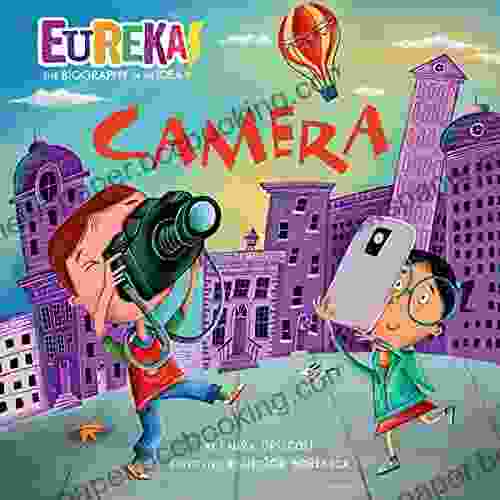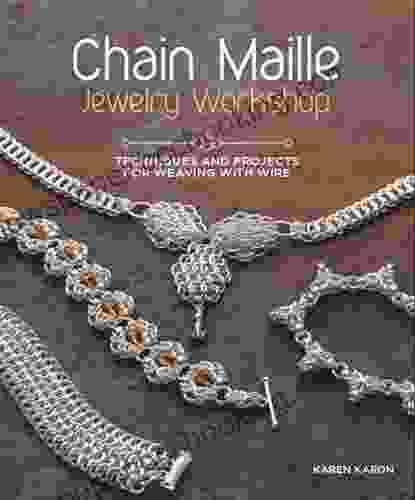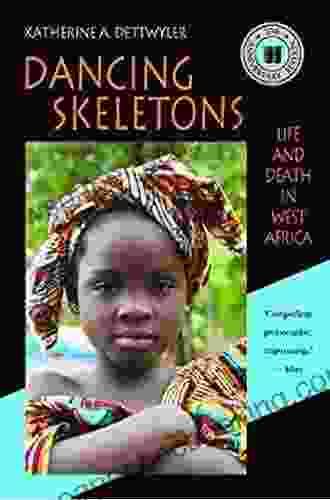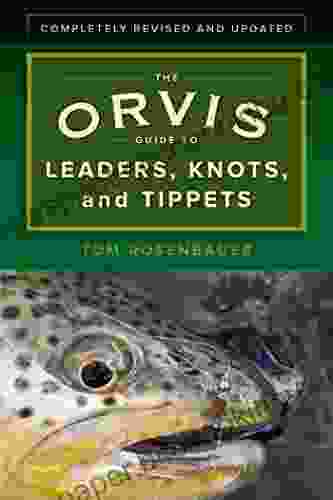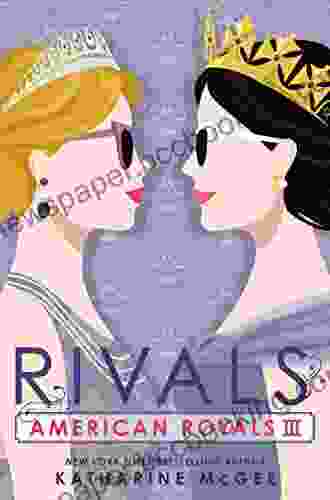A Journey Through the Lens: The Genesis of Photography
In an era where digital photography reigns supreme, it's easy to take images for granted. Yet, the birth of photography is a captivating tale of human ingenuity and scientific discovery. "Camera Eureka: The Biography of an Idea" delves into this intriguing history, transporting readers to the twilight of the 18th century, where the seeds of photographic technology were sown.
The author, renowned photography historian Phillip R. Berger, paints a vivid picture of the illustrious figures whose groundbreaking experiments laid the foundation for photography. From the visionary musings of Aristotle and Alhazen, who pondered the nature of light and vision, to the meticulous investigations of Johann Heinrich Schulze and Carl Wilhelm Scheele, who harnessed the sensitivity of silver salts to light, "Camera Eureka" weaves a captivating narrative of scientific inquiry and artistic inspiration.
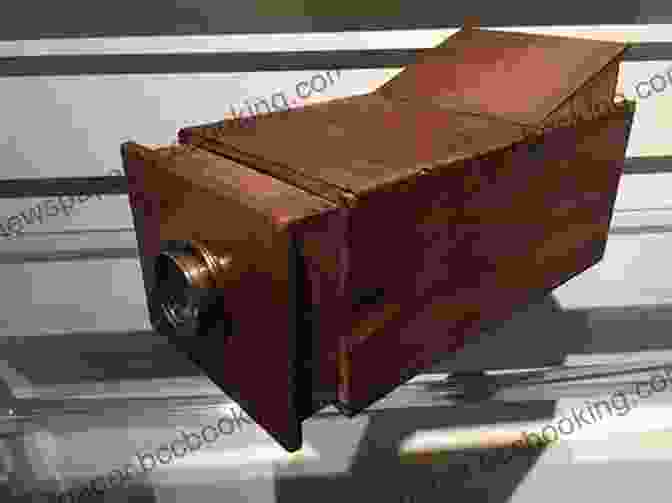
The Dawn of Photographic Imagery: Capturing the Elusive
As the 19th century dawned, the field of optics witnessed a flurry of innovation. Joseph-Nicéphore Niépce and Louis-Jacques-Mandé Daguerre emerged as pioneering forces, their relentless experimentation leading to the birth of permanent photography. Niépce's heliography, an image produced on a pewter plate, marked a pivotal moment in visual history. Daguerre's daguerreotype, with its polished silver surface, revolutionized portraiture and paved the way for wider adoption of photography.
"Camera Eureka" meticulously chronicles the technical breakthroughs and artistic triumphs of these photographic visionaries. It explores the early challenges of exposure time, the development of lenses and shutters, and the invention of roll film by George Eastman, which democratized photography, making it accessible to the masses.

Revolutionizing Perception: The Camera's Impact on Art and Society
The advent of photography had a profound impact not only on technology but also on the realms of art and society. Painting, once the dominant medium for visual representation, faced a formidable rival. "Camera Eureka" examines the complex relationship between photography and traditional art forms, exploring the debates and controversies that arose as photography's unique aesthetic gained recognition.
Furthermore, the book delves into the transformative role photography played in documenting historical events, shaping public opinion, and forging new modes of visual storytelling. From the iconic war photographs of Matthew Brady and Roger Fenton to the poignant social commentary of Jacob Riis and Dorothea Lange, "Camera Eureka" reveals how photography has empowered us to witness and comprehend the complexities of the human experience.

Legacy and Evolution: Photography's Enduring Influence
"Camera Eureka" culminates with a thought-provoking exploration of photography's enduring legacy and its ongoing evolution. The book examines how photography has influenced advertising, fashion, and film, and has become an integral part of our cultural landscape. It also delves into the advent of digital photography and its impact on the art form, raising questions about the future of photography in an increasingly digital world.
"Camera Eureka: The Biography of an Idea" is an indispensable volume for anyone fascinated by the history of photography, the evolution of science and technology, and the intersection of art and society. It is a profound and immersive journey that captures the essence of photography as a transformative force that continues to shape our understanding of the world.



